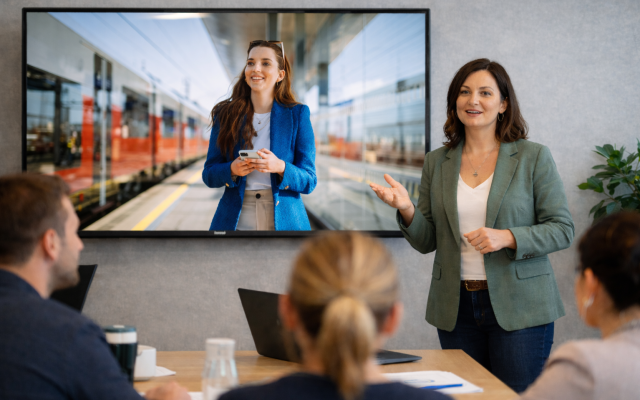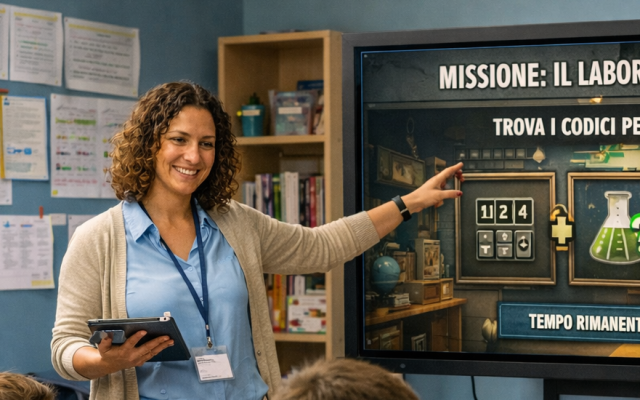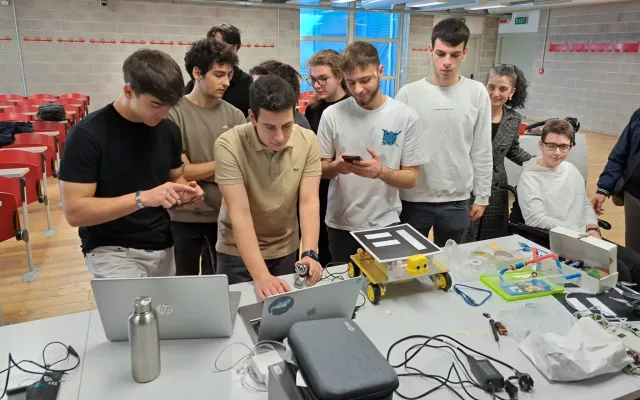4 min.
Active and responsible citizenship begins with the participation of youth and their ability to build their world and character by developing life skills to live and work in the 21st Century. Modern society and the devastating economic crisis force young people into the role of mere inactive and demoralized consumers. This is where the challenge begins. We need to demolish the barriers that force youth to inactivity and educate them to become social protagonists.
Social and technological innovation processes are constantly developing. On the one hand, there is technology that is rapidly evolving and a society that is also undergoing constant change and relationship forms (i.e., new organisations and new financing tools such as crowdfunding and crowdsourcing, the multi-dimensional nature of modernity and multi-sectorial networks). All these components point to the fact that a country’s work and growth can develop in a social manner, rather than only in a profitable manner. On the other hand, there is the economic crisis, precariousness, an ageing population and scholastic dispersion. Just to cite a few numbers: 38% of individuals in the 15-29 age bracket are unemployed; Italy alone has 2 million NEETs (Not in Education, Employment or Training); in 2025, 35% of the population will be more than 60 years old and tax evasion accounts for over €180 billion.
There is a strong need for innovation and youth can represent it. From this point of view, the crisis can become an opportunity. Italy has the greatest number of areas (47) declared by Unesco as World Heritage Sites. Italian industry accounts for 25% of the GDP with 30.7% of the work force and the social sector is rising markedly.
We can’t give up. We have to contribute to the construction of a new national system that moves beyond the mere consumerism that only takes into consideration those citizens who can accumulate wealth and excludes all others.
The Fondazione Mondo Digitale proposes a social innovation process with this objective: to promote life skills and knowledge. We imagine an educational process based on 3 levels: general scholastic curricula (systemic structure), positive character (something which is rarely mentioned) and life skills (problem solving, creativity, social responsibility).
American organization Character Counts defines six pillars for the development of character: reliability, respect, responsibility, honesty, compassion and citizenship. All of these aspects recall the exercise of other fundamental virtues: generosity, solidarity, equity, humbleness and merit. They are the essential pillars of a free, just, equal and safe society. This is the direction that we must undertake to allow youth to become protagonists in society, active citizens and contribute to improving the future of this country.
We believe that it is necessary to begin with the young, those who represent the future, and allow them to acquire and develop a life education (codified knowledge + life skills + character values) that is essential to live, work and be protagonists in the 21st century. This will allow the young to become spokespeople for social innovation at the local level. We are proposing a process of cultural, social and economic renovation through experiential learning that begins with concrete projects and a “Phyrtual” approach (the integration of the physical and virtual dimension of innovation processes) that can fully exploit talent and the human and social capital of the young generations, that which at present is at risk.
The Fondazione Mondo Digitale is committed to this objective. Project MEET NO NEETis a concrete example. It is the results of a partnership between the Fondazione Mondo Digitale, Microsoft Italia, Roma Capitale and schools. It addresses 6000 students aged 18-24 to provide them with the innovative tools and competences necessary to enter the world of social innovation through a “problem-solving” oriented education and from their the job market and entrepreneurship. The key words are life skills and social innovation. The project will provide students with the conceptual and operative tools necessary to develop social innovation projects, concrete projects that can provide solutions to the many unanswered social needs. Students will identify problems and propose solutions via creative methods that will allow them to become protagonists of daily life.



